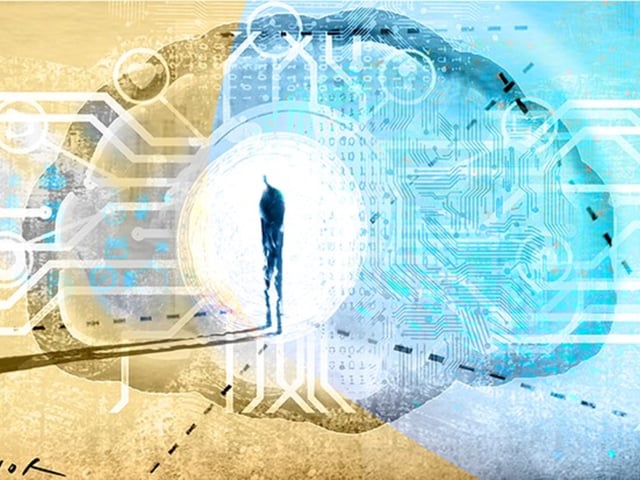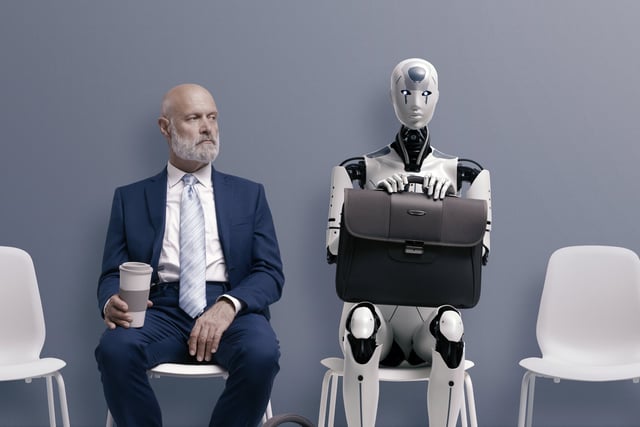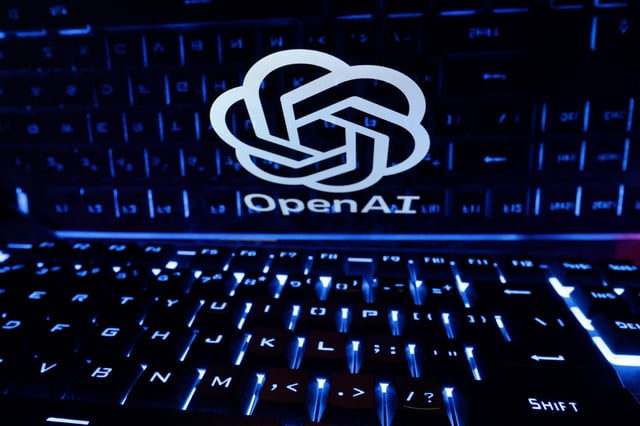Overview
- Generative AI chatbots like ChatGPT, Woebot and Wysa now top global use for emotional support and life guidance
- Workplace AI adoption outpaces formal policy with 61% of employees using tools independently and just 6% under employer guidelines
- Mental Health Europe and MIT warn that misinterpretation, inaccurate responses, data breaches and emotional dependency pose serious risks without human oversight
- Reports highlight potential gains such as expanded access for underserved groups, reduced administrative burdens and personalized interventions amid still-experimental evidence
- New roles—from prompt engineers and AI ethics officers to sustainability analysts—are forming to craft governance frameworks and uphold ethical standards



